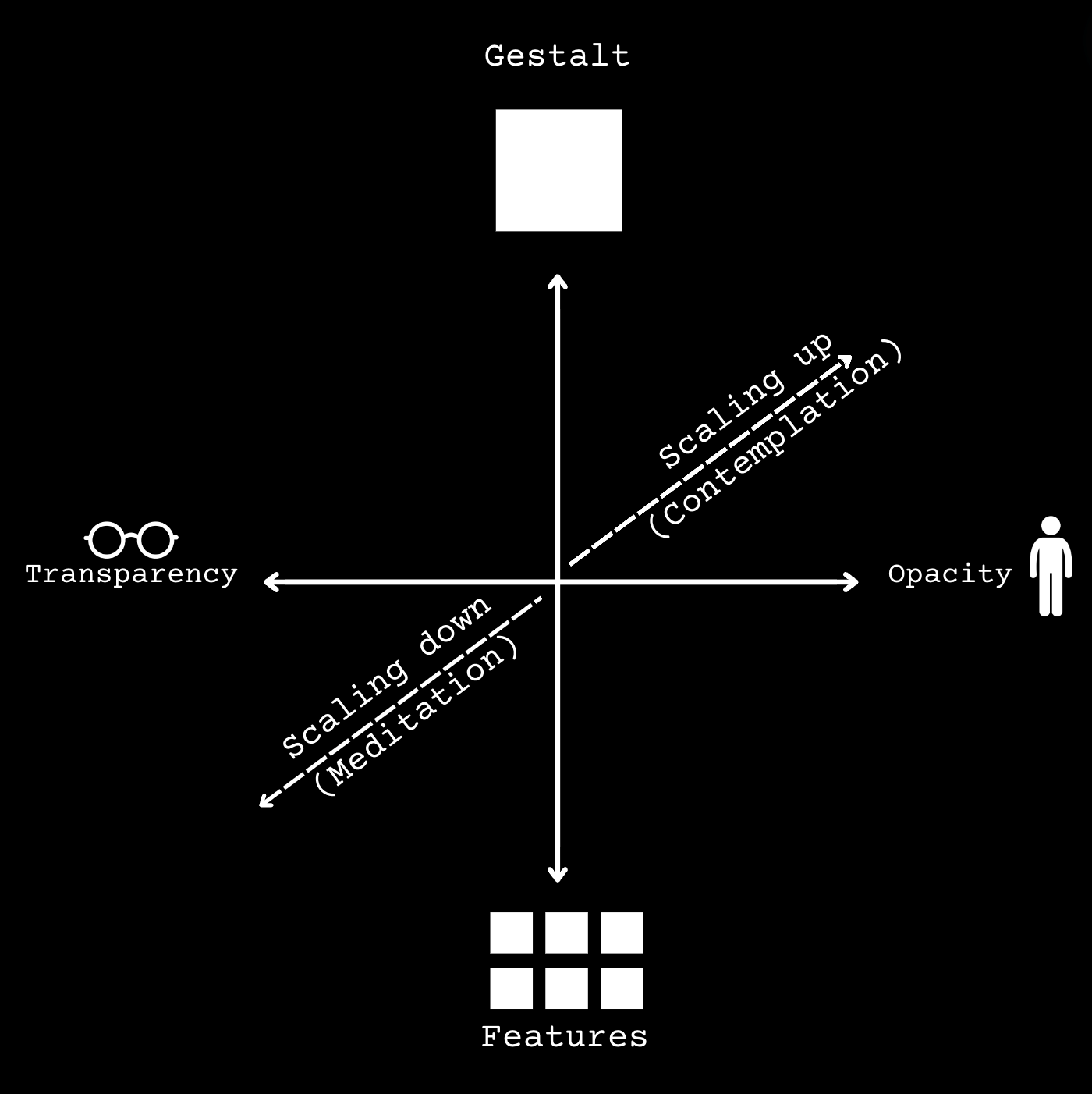A lack of insight presents a unique challenge in our growth and self-awareness.
A lack of insight refers to the inability to recognize the deeper meaning or underlying cause of a situation, behaviour, or problem. And when we don’t have those sudden flashes of understanding or “aha” moments that help clarify complex issues we can struggle to make informed decisions and recognize patterns. That can result in repetitive mistakes or veering off your path.
Insight is crucial to living a life well lived. It allows us to:
- See beyond the surface and grasp the source of what we’re really dealing with
- Understand our motivations, fears, strengths, and weaknesses improving our emotional intelligence
- In a rapidly changing world, it helps us adapt to new situations and make intuitive decisions
- Cultivate stronger intimate and empathetic relationships
- Understand our purpose and place in the world
And while we’ll cover today how to train yourself to have more meaningful insights, it’s also important to understand why we might NOT be having insights.
We can block having those instant flashes of knowing in two ways:
- (1) by creating external distractions to avoid our inner mess and
- (2) by becoming consumed by internal worries.
Now why do we do that? At its core, distraction and worry arise from our discomfort with uncertainty and our attempts to create an illusion of stability.
This drive for external security often leads us away from actually understanding what else needs to be seen and understood inside of ourselves. You can refer back to my last article “Protocol for Finding Your Way” to see how that cycle works.
When we’re in a cycle of constantly searching for something in the future, postponing our present joy for a future that might never happen, we muddy up our operating system that allows us to see the patterns of what’s happening now.
By the way, this theory of insights is better explained with examples so I’ll be doing that in next week’s newsletter.
To break ourselves out of a pattern of worry and distraction, we need to cultivate an environment conducive to having insights. Insights cannot be forced; they arise spontaneously when we create the right conditions.
This involves disrupting our habitual ways of thinking and being open to new patterns and perspectives.
Mechanisms of Insight:
Psychologically, gaining insight requires two key processes: constraint relaxation and chunk decomposition.
- Constraint Relaxation: This involves becoming more conscious of our thoughts and reducing the automatic nature of our cognition. By being aware of our mental lenses (transparency) and how they shape our perception, we can start to see things (opacity) more clearly.
- Chunk Decomposition: This process involves breaking down the gestalt (our existing frameworks) into smaller features and reassembling them in new ways. By examining the components of our problems and experiences, we can form new perspectives and solutions.
Practical Applications:
To cultivate insights, we can engage in practices that promote mindfulness and contemplation:
- Meditation: This helps us become aware of our mental lenses and reduces our reactivity, allowing us to see things more clearly.
- Contemplation: This practice helps us reassemble fragments of our experiences into new patterns, fostering creative insights.

Both practices are essential for training ourselves to have insights. But to create a fertile environment where insights can arise spontaneously we must dwell more in unknowing.
This involves embracing pauses in our day and resisting the urge to fill every gap with distractions. These moments of stillness provide the space for insights to emerge. Easier said than done, but like anything else, it becomes more effortless with practice.
“Insights come to those who make space for them”
A word of warning.
Allowing insights to flow can often lead to a form of rebellion against societal norms. Insights = creative rebels and creative rebels shake up systems and inspire others to pursue their own paths. It’s not always an easy thing to accept but almost always worth it.
—
I hope you find today’s newsletter helpful. I really enjoyed getting some feedback last week. If you have questions about this or just want to share something about your experience, you can email me at jeff@thespecialforcesexperience.com. I eventually answer all of my emails.
In next week’s newsletter, I’ll go beyond this concept and share more about how we can disrupt our usual patterns of thinking using real examples. I’ll also dive into how the mechanics of our event “The Process” weaves this method throughout the 5-days.
Cheers,
Jeff Depatie